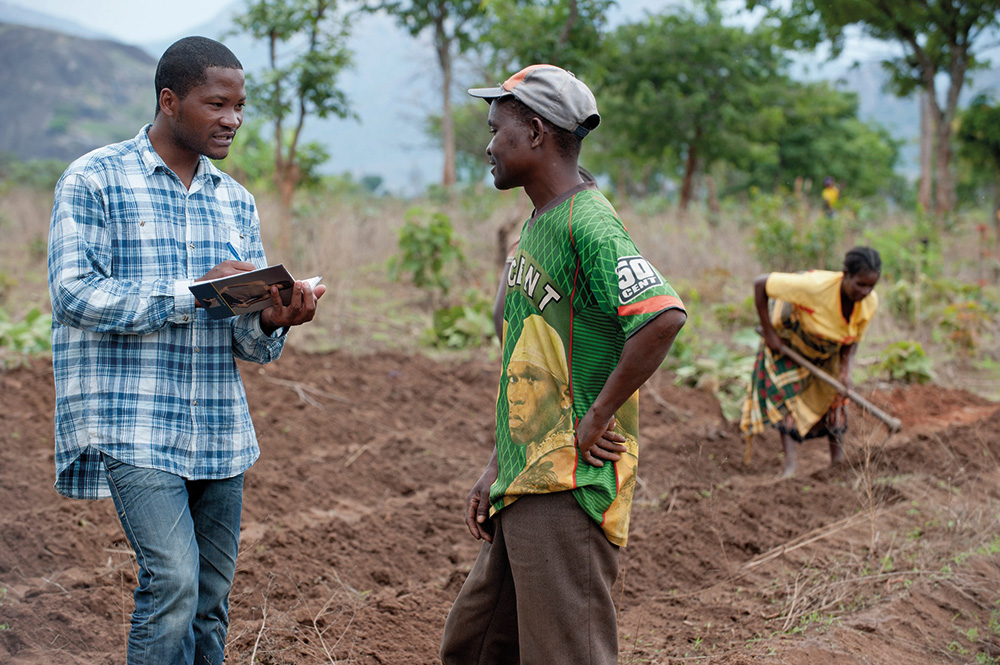Land-based adaptation and resilience : Powered by nature
Land has many uses. It provides water, food and energy. It is used to create wealth and employment and grow economies. And it provides other, often less obvious and tangible, services such as conserving biodiversity, storing carbon, purifying and storing water. It even regulates the Earth’s climate, for instance, by absorbing the heat from the sun. All of its uses are undermined and destroyed when land is degraded. Degrading the land disrupts these functions and leads to severe food, water and energy shortages.





